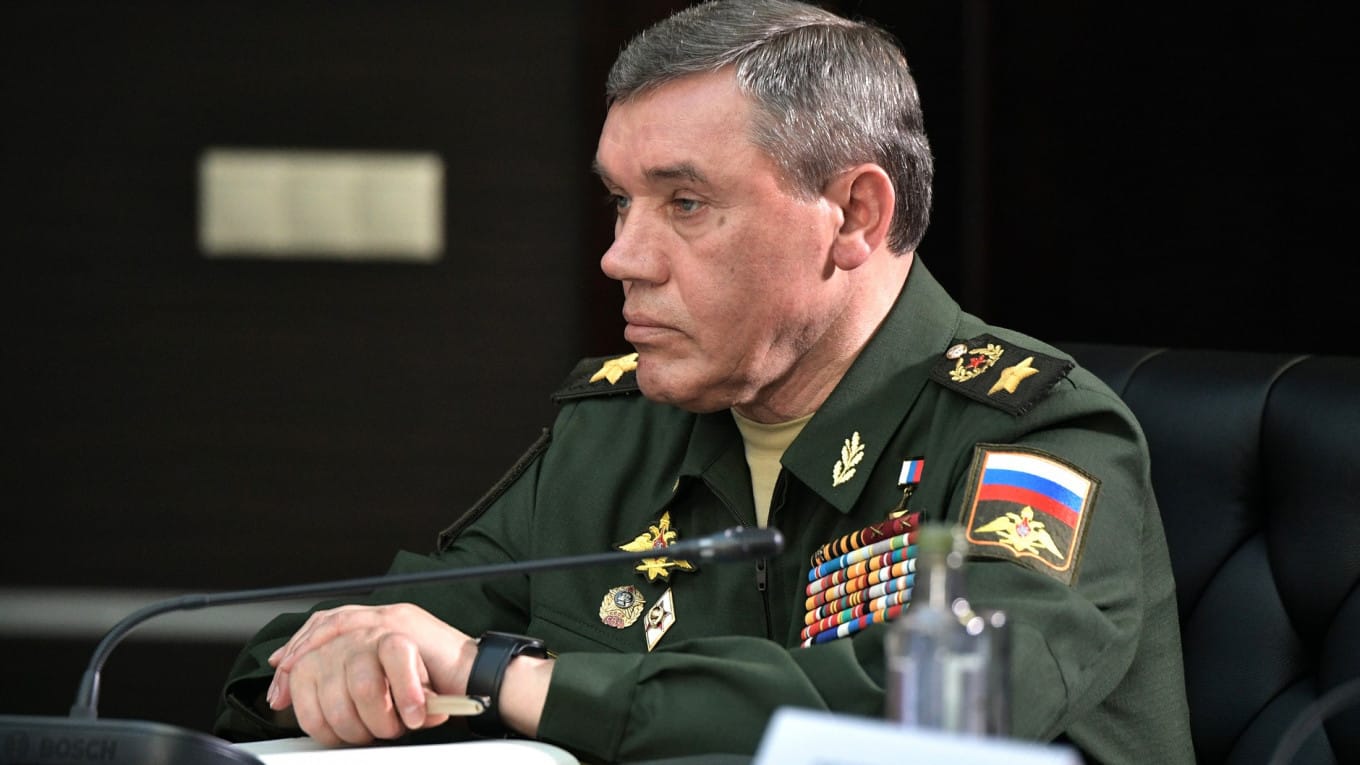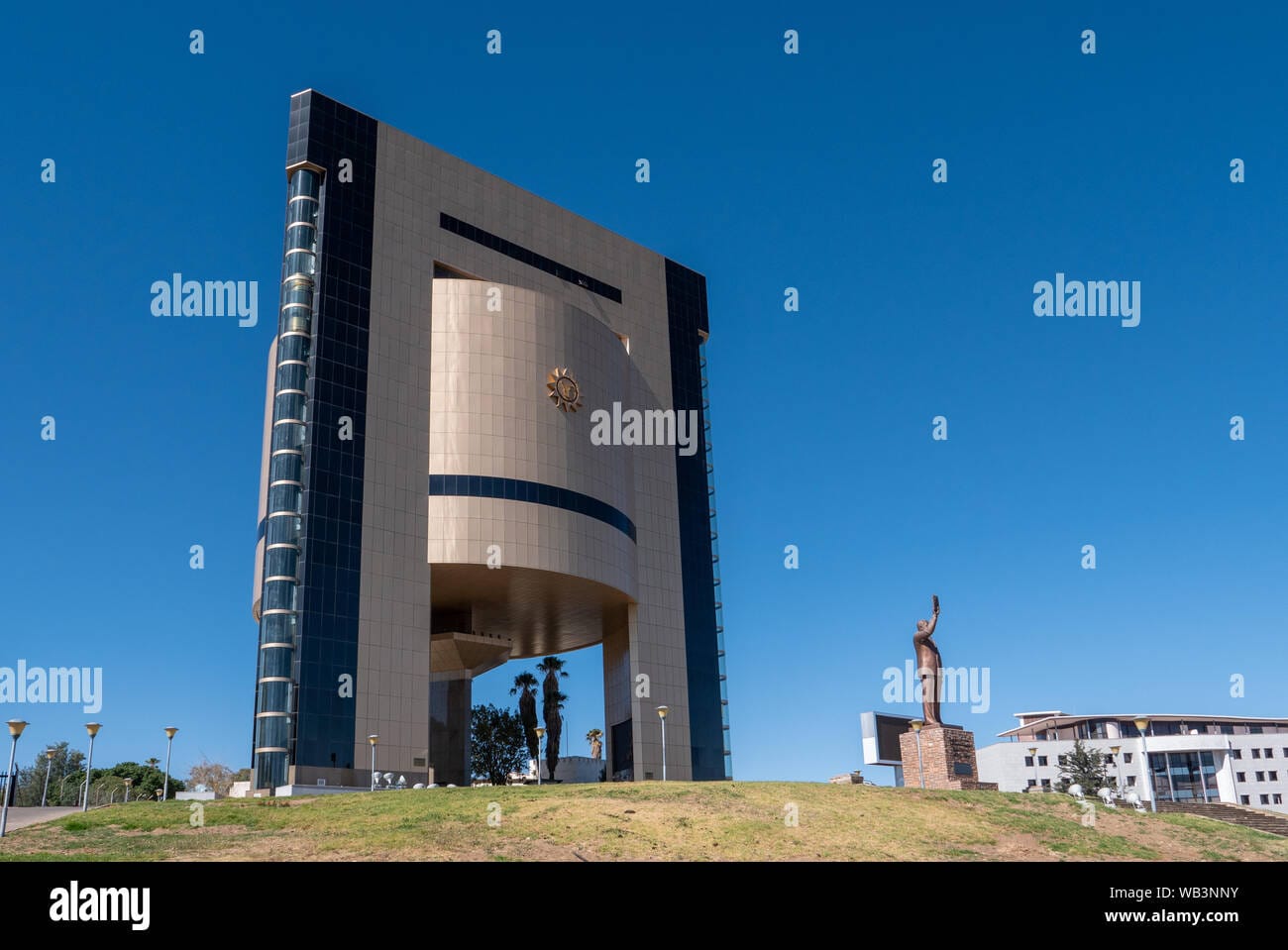In a significant development regarding national security, Russian law enforcement agencies have arrested an Uzbek national linked to a bombing that targeted a senior military general. The incident, which drew immediate attention due to its implications for both internal and external security, has brought the issue of political assassination attempts to the forefront of discussions within Russia and among international observers.
The arrest follows a calculated and explosive attack that occurred in a Moscow suburb. The bombing, carried out with the intent to assassinate the general, reverberated through the halls of power in the Kremlin, leading to urgent discussions on protocols regarding the protection of military officials. While details surrounding the event remain sparse, early reports suggest it was a sophisticated operation that exploited vulnerabilities in security measures designed to protect high-ranking officials.
Authorities have confirmed that the detained individual has ties to extremist groups, raising alarm bells regarding the potential for deeper networks operating within the country. The investigation has opened a broader inquiry into the motivations behind the attack and whether it signals an emerging trend of politically motivated violence in Russia. In light of historical tensions with various Central Asian nations, particularly Uzbekistan, the situation has drawn significant media and governmental scrutiny.
Officials from multiple security agencies have been involved in the investigation, with Russian President Vladimir Putin being kept informed of the latest developments. The case has brought to light concerns regarding the governance of national security and the capability of security forces to not only prevent such acts but also to trace the origins and networks of individuals who might engage in politically charged violence.
Further complication arises from the socio-political climate in the region, where various ethnic communities coexist with a rich but tumultuous history. Analysts suggest that the motivations behind such extremist actions could stem from a complex web of factors including repression, marginalization, and regional instability. The Uzbek national in custody is believed to have exploited these tensions, potentially aligning themselves with larger conspiracies that transcend national borders.
In response to the bombing, Russian authorities have ramped up security protocols around military installations and key political figures. These measures serve a dual purpose: the immediate aim of preventing further attacks, and the longer-term objective of restoring public confidence in the state’s capability to ensure citizen safety.
Expert opinions have highlighted that such attacks can have broader implications for the security landscape, especially in light of ongoing geopolitical tensions. With Russia navigating its relationships with both neighboring countries and international powers, the threat of politically motivated violence could complicate diplomatic efforts and security arrangements.
The fallout from this incident may also extend beyond the immediate investigation. Should evidence emerge indicating that this assassination attempt is part of a coordinated series of attacks or a larger plot, there could be significant ramifications for Russian-Uzbek relations. Historical grievances, including those stemming from the Soviet era, might resurface, complicating ongoing regional cooperation efforts.
Inside Russia, the incident has triggered debates over the balance between civil liberties and security measures. Some civil society organizations have called for accountability and transparency in the government’s response to such threats. As the investigation unfolds, both citizens and international observers will be watching closely to see how effectively the authorities manage the situation while preserving fundamental rights.
As details continue to emerge regarding the circumstances of the bombing and the motivations behind it, it is likely that this incident will further shape the landscape of Russian security policy. The case serves as a reminder of the persistent threats faced by states grappling with both historical and contemporary geopolitical challenges.
The overall safety and security in Russia, along with its leaders’ ability to secure the nation against extreme violence, remain crucial as the nation moves forward. What remains to be seen is whether this incident will trigger deeper investigations into potential networks of violence or serve as a wake-up call for governments to take stronger stances against politically inspired extremism.



